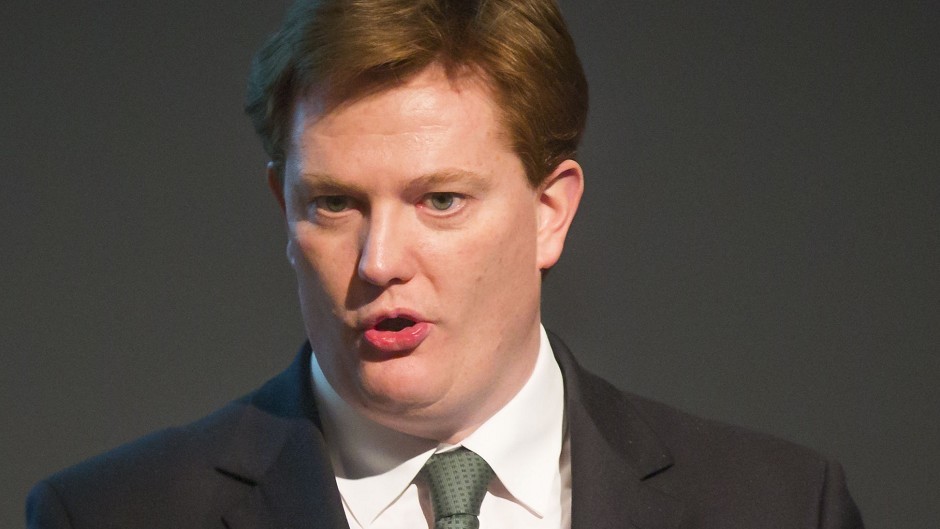No political party will have a majority after the forthcoming General Election, Danny Alexander told voters in Inverness last night.
He made the forecast at a Highland hustings that brought together six candidates for the key UK Parliamentary seat of Inverness, Nairn, Badenoch and Strathspey.
It is understood others are likely to declare their candidacy in the coming days.
A 100-strong audience, predominantly made up of local business people, listened courteously to two-minute opening speeches from each candidate before questioning the five men and one woman on a broad range of issues including taxation, fuel poverty and renewable energy.
Responding to a suggestion from Eden Court Theatre director Colin Marr that each party openly declare its conditions for a further coalition government, Liberal Democrat Mr Alexander – who played a lead role in forging the 2010 pact at Westminster and served as Chief Secretary for Treasury for the duration of the coalition – said: “It is likely that no one party will have an overall majority.
“Parties, when they need to, work together effectively, but I think it’s right in an election campaign each party sets out what its own policy priorities are,” he added.
SNP candidate Drew Hendry, Highland Council’s leader, cited successful examples of the nationalists in coalition in Scotland in 2007-2011 and the council’s current SNP-Lib-Dem-Labour alliance.
For the Greens, Isla O’Reilly said her party was always happy to work with others and bonds had already been formed south of the border.
Conservative candidate Edward Mountain said it was right that parties had already “drawn lines in the sand” about issues as contentious as the Trident nuclear programme and austerity policy. But if a coalition situation arose, he said parties should not have preconceived ideas and should be guided by what is best for the nation.
Former Tory supporter Les Durance, now standing for Ukip, said his party would work with Prime Minister David Cameron if he was re-elected – providing he agreed to bring forward the date for an in-out EU referendum.
Based on recent opinion polls, Labour’s Mike Robb suggested that any partnership would “almost certainly” be between his party and the SNP, but that “both parties have ruled out formal coalition agreements.”
He hinted that agreement on Labour’s proposed reintroduction of a 50p top rate of income tax and a mansion tax would help clinch a deal.
